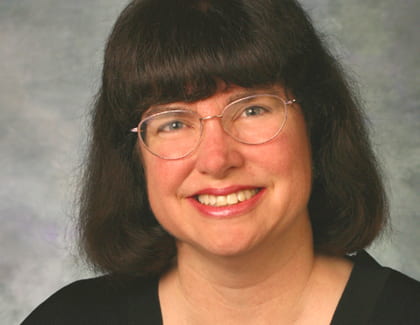Energy, environmental and industry leaders to speak at UCI’s fuel cell symposium
EVENT: The National Fuel Cell Symposium, hosted by UC Irvine, will bring together top energy and environmental policymakers, industry leaders and academics to discuss rapidly emerging fuel cell technology for power plants and cars, including construction of California’s “hydrogen highway.”
WHEN/WHERE: 9 a.m.-5 p.m. Thursday, Feb. 27, at the Beckman Center of the National Academies of Sciences & Engineering, 100 Academy Drive, Irvine
INFORMATION: Media planning to attend should contact Janet Wilson at 949-824-3969 or janet.wilson@uci.edu.
HIGHLIGHTS: The National Fuel Cell Research Center, led by UC Irvine engineer Scott Samuelsen, presents top manufacturers and policymakers discussing deployment of this highly efficient, combustion-free source of power and fuel. Fuel cell technology for power plants has matured in markets throughout California, and fuel cell vehicles will be sold commercially in the next year.
The symposium’s morning sessions focus on power plants and generators. Speakers include Mary Nichols, chair of the California Air Resources Board; John Laird, secretary of the California Natural Resources Agency; Barry Wallerstein, executive officer at the South Coast Air Quality Management District; and CEOs and managers from Bloom Energy, FuelCell Energy and ClearEdge Power.
Afternoon sessions will focus on vehicles, including details on 100 fueling stations to be built across California by 2017. Speakers include top executives from Toyota, Honda, GM, Hyundai and Mercedes-Benz.
Bert Valdman, senior vice president of strategic planning at Edison International, will deliver closing remarks.
For a detailed agenda, click here (PDF).
BACKGROUND: The National Fuel Cell Research Center, located at UC Irvine, has pioneered key technology and planning tools for highly efficient, low-emission generators and vehicles. Fuel cells offer a noncombustion, electrochemical source of power. The symposium is sponsored by UC Irvine’s Newkirk Center for Science and Society, which promotes scientific knowledge in society’s interest.


